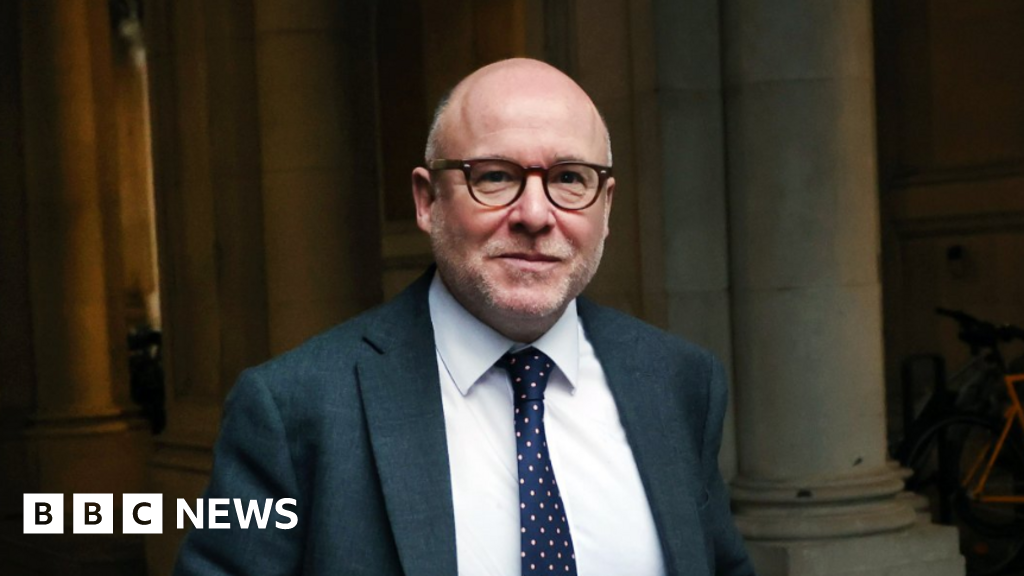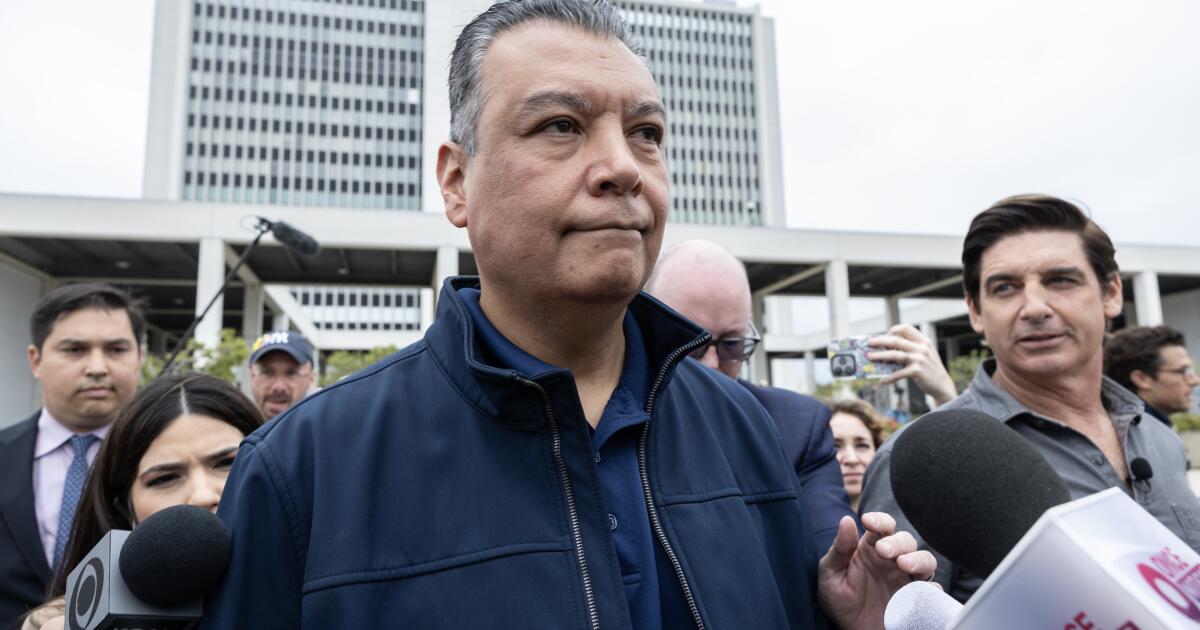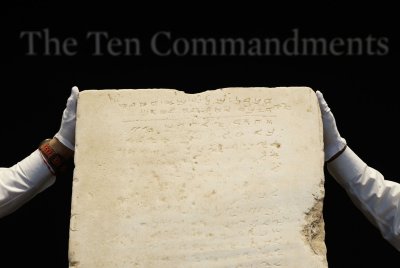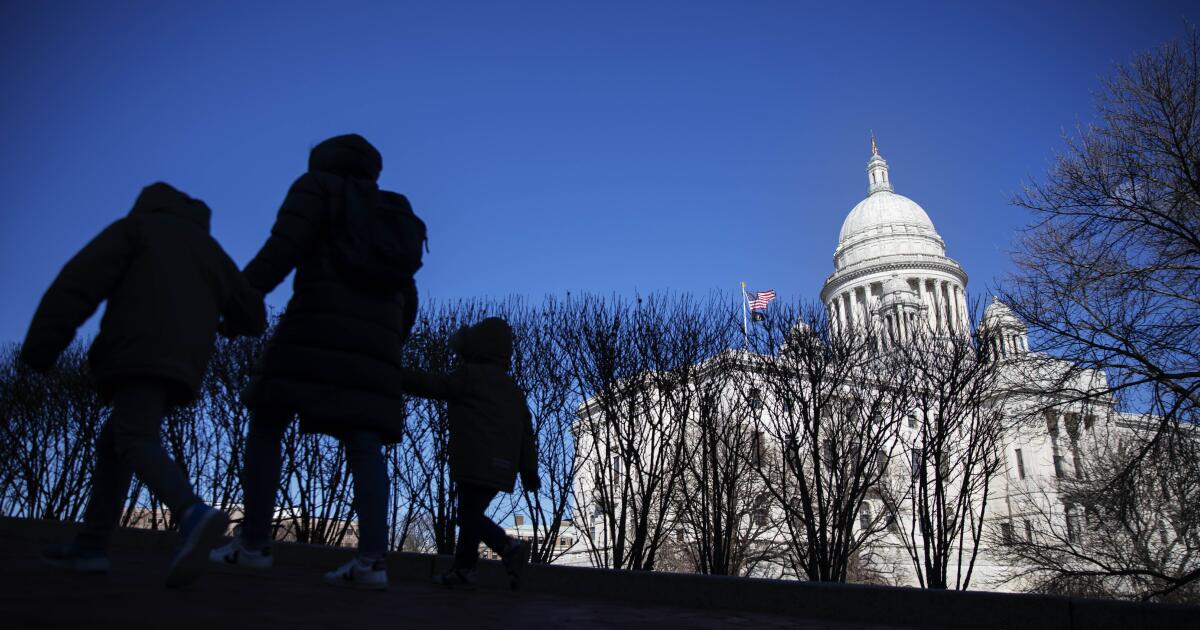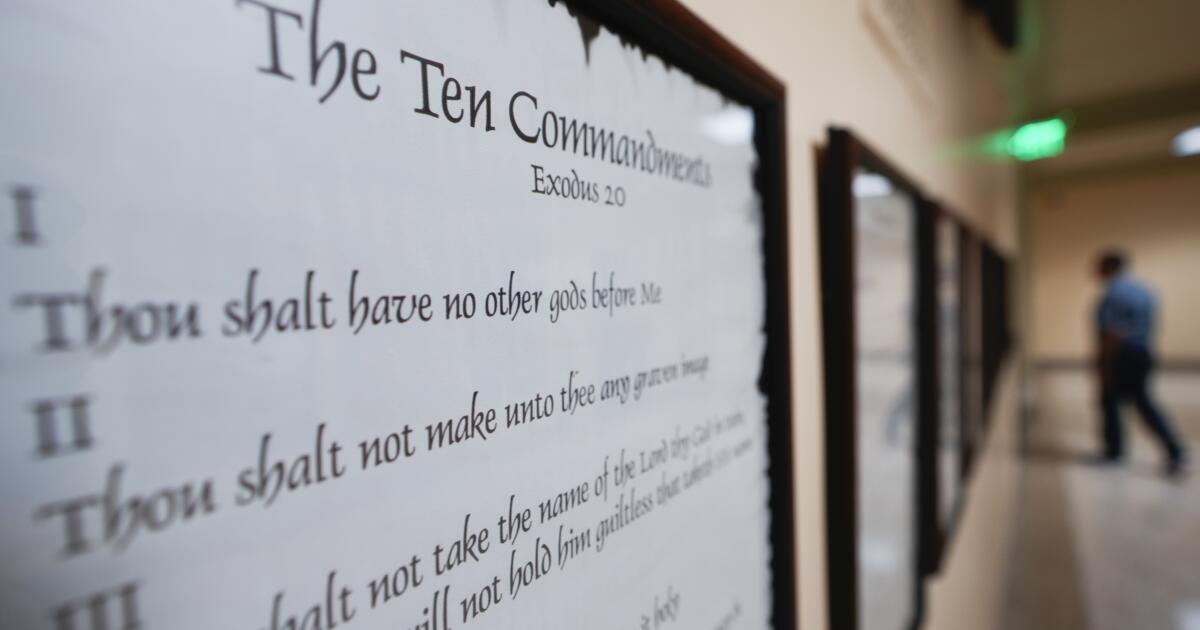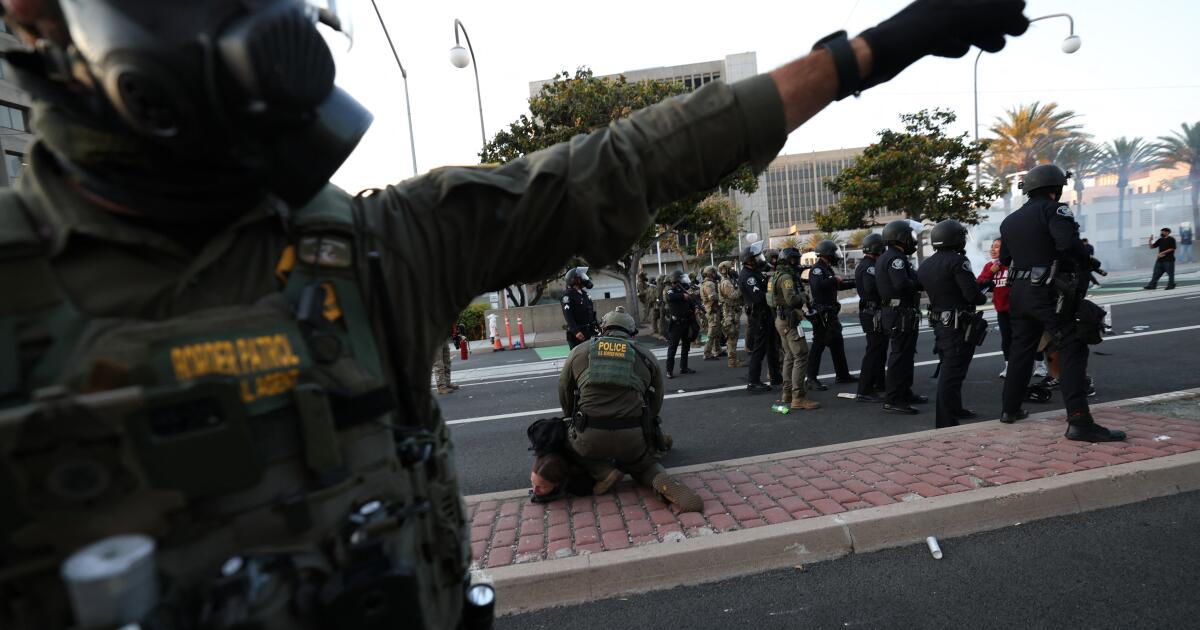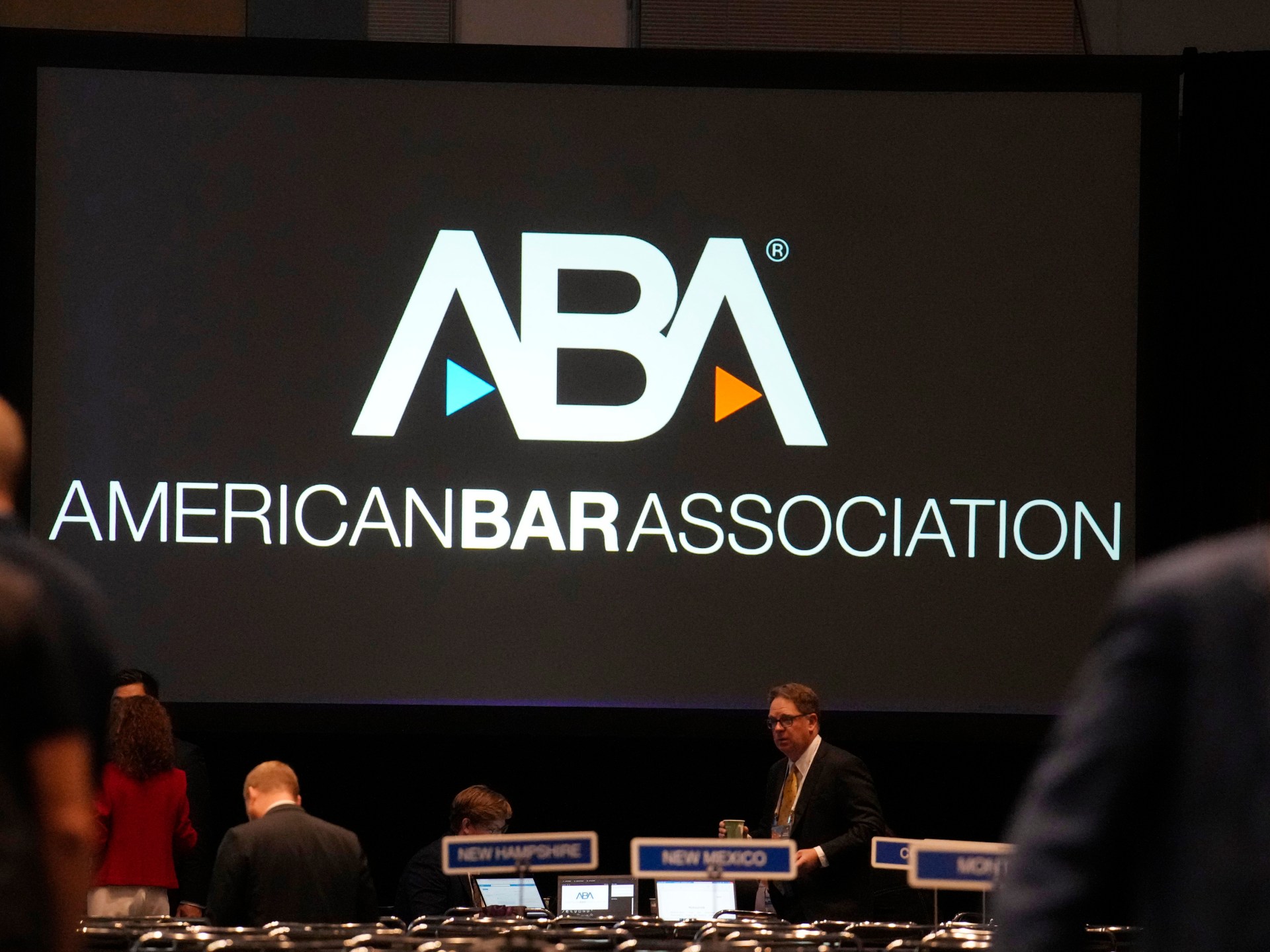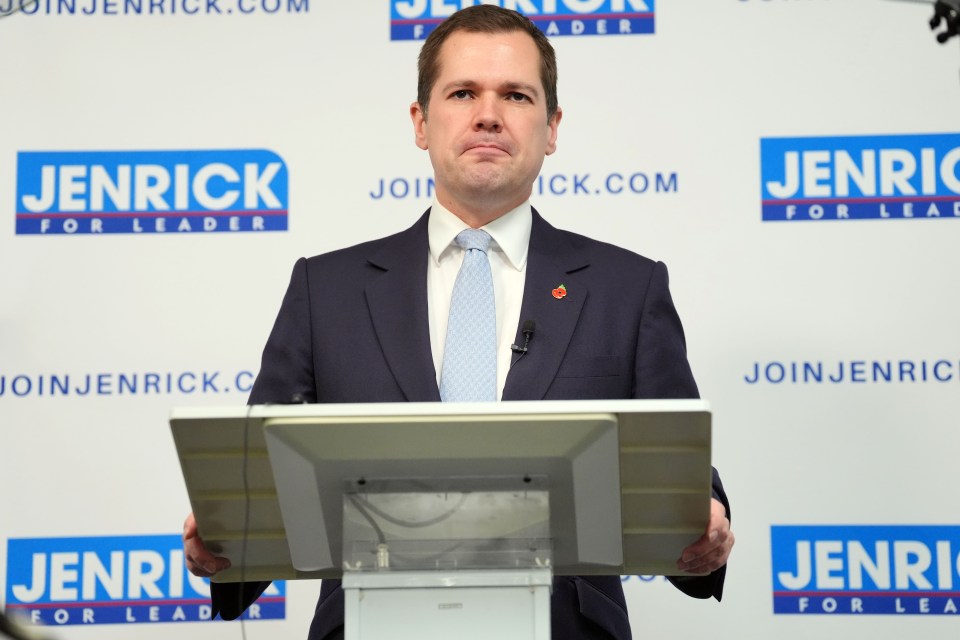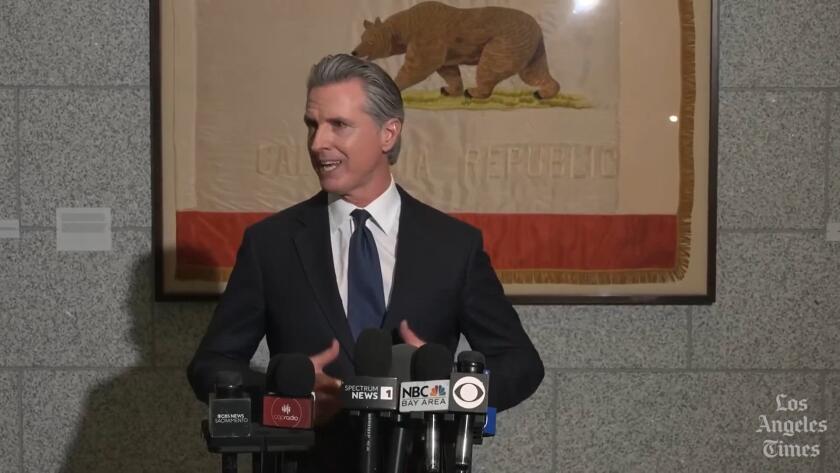WASHINGTON — On the morning of Nov. 22, 1971, Ruth Bader Ginsburg’s usually stern expression dissolved into a satisfied smile when she read the New York Post’s banner headline: “High Court Outlaws Sex Discrimination.”
As plaintiff’s lawyer in a case before the Supreme Court, Ginsburg had succeeded in writing a new chapter in the history of women’s rights by asserting a simple philosophy that she learned from her mother: Women and men are equal.
That idea, which Ginsburg applied in case after case, made her the principle architect of a legal strategy that achieved many of the early legal gains for women. As a result, today’s women live in a world that bears the stamp of her personality, training and experience.
To be sure, despite three decades of progress for women, the Supreme Court still will be struggling with gender issues when Ginsburg–if confirmed by the Senate, as expected–takes her seat on the nine-member panel next fall. Men and women still do not fully agree on what that seemingly simple idea of equality should mean when it is applied to gender.
Further, many modern feminists have criticized Ginsburg’s approach even as they acknowledge what she achieved. Her line of argument, they have contended, has served in some ways to perpetuate discrimination against women. By emphasizing equality of men and women under the law instead of recognizing their differences, they have argued, Ginsburg inadvertently affirmed a system in which women must adhere to male standards to succeed, as she has done.
Nonetheless, her life story has shaped the lives of every woman in America. And the careful, one-deliberate-step-at-a-time approach to a complex and controversial issue that is revealed in the fine print of her arguments on the women’s rights cases casts valuable light on how she is likely to approach her work on the Supreme Court.
Certainly, Ginsburg was well-prepared to succeed in a man’s world. Nurtured by a mother who valued her daughter as much as any son, she graduated Phi Beta Kappa from Cornell in 1954.
Yet like so many bright women of her era, Ginsburg had been encouraged to venture down a path of scholarship and achievement that inevitably would lead to disappointment. After graduating from Columbia Law School in 1959, she could not get a job practicing law because the law firms she contacted in New York City thought married women were mostly interested in having babies.
“It was a classic case of discrimination,” said Kathleen Peratis, a New York City attorney who worked with Ginsburg on litigation in the 1970s.
While teaching civil procedure at Rutgers and doing volunteer work as counsel for the American Civil Liberties Union, Ginsburg began to see a new kind of legal complaint being filed around the country and sensed a changing mood among American women.
A teacher was challenging a school’s right to remove her from the classroom when she got pregnant; a woman worker was objecting that her employer provided health insurance only to men, and parents were complaining when their school-age daughters were excluded from publicly funded education programs that were offered to boys.
In those complaints, Ginsburg saw a compelling legal strategy that would win equal rights for women. She would help to challenge a variety of laws based on gender stereotypes, arguing that they violated the right of equal protection under the law provided in the 14th Amendment of the Constitution.
In essence, Ginsburg decided to duplicate what she described as “the orderly, step-by-step campaign” of the civil rights litigation that led to Brown vs. Board of Education in 1954, which overturned the “separate but equal” principle. But she would substitute gender for race.
To understand just how novel Ginsburg’s approach was, it helps to remember that gender issues were never even mentioned in her constitutional law classes. Nor did she have the benefit of the vast fund of information that is now available on types of sex bias.
Law school courses on women’s rights issues did not begin appearing regularly on the curriculum until later. When Ginsburg set out to teach such a course at Rutgers, she found that reading the available literature “proved not to be a burdensome venture.”
Until 1971, the courts had held that because men and women had different responsibilities in our society, they could be treated differently under the law. This so-called “separate spheres” doctrine held that men were, by nature, the breadwinners and women the homemakers.
The turning point came when Ginsburg argued the case of Sally Reed of Idaho, who sought to be appointed administrator of the estate of a son who committed suicide at age 19. Her estranged husband, Cecil, also applied as administrator under an Idaho law that said: “As between persons equally entitled to administer a decedent’s estate, males must be preferred to females.”
By arguing that the Idaho law violated the 14th Amendment, Ginsburg persuaded the Supreme Court for the first time to declare that gender stereotyping was inconsistent with the equal protection principle. Ginsburg viewed Reed vs. Reed as the “awakening” of the court to gender issues.
But despite the enormous impact of the decision, Ginsburg had couched her arguments in such fine lines that Chief Justice Warren E. Burger’s opinion on behalf of a unanimous court did not explicitly acknowledge a break with precedent.
A close friend, Herma Hill Kay, now dean of UC Berkeley’s Boalt Hall School of Law, recalls that while Ginsburg was pleased by her victory, “she did not paint the town red.” It was still not clear to her whether women would prevail in similar cases involving other restrictions.
Kay noted that Ginsburg’s legal legacy for women was built on an accumulation of small gains, not one decisive victory. During the 1970s, as head of the ACLU Women’s Rights Project, she litigated a total of 20 cases that succeeded in establishing heightened constitutional scrutiny over gender-based distinctions written into federal, state and local laws.
In one case, the court ignored a warning from the solicitor general that thousands of laws would be jeopardized under the scheme advocated by Ginsburg. In fact, the Justice Department submitted a list to the court of more than 800 laws that contained gender references.
“The list proved extraordinarily helpful,” Ginsburg later recalled. “First, it provided a ready answer to those who claimed that with Title VII (of the 1964 Civil Rights Act) and the Equal Pay Act on the books, no more law-sanctioned sex discrimination existed. Second, it provided a stimulus for a next set of constitutional challenges.”
Ginsburg succeeded in challenging laws on jury service, military benefits and Social Security benefits, among other things. She was so successful, in fact, that she predicted at one point that women would achieve the full equality they sought under the law by 1978.
In the case of Frontiero vs. Richardson, an equal pay case that Ginsburg won, 8 to 1, the court stopped short of declaring that gender restrictions deserved “strict scrutiny” similar to those based on race. When only four justices supported strict scrutiny, it was assumed the court was waiting to see whether the proposed Equal Rights Amendment would be ratified by the states.
ERA later foundered amid a conservative backlash, and the court never permitted strict scrutiny of gender differences. As a result, while many gender-based laws have been eliminated, Ginsburg still sees the battle for women’s rights as “a story in the making.”
By precipitating a sea change in the historical balance between the sexes, Ginsburg won the admiration of many young women who aspired to break out of their traditional roles but also inspired the enmity of millions of other men and women who preferred the status quo.
Barbara Allen Babcock, law professor at Stanford University, remembered that some people viewed her as “something of a crank.”
As the years have passed, many of Ginsburg’s own allies also have begun to second-guess her approach to women’s rights. Some are critical of her for pressing cases that were either too trivial or dealt essentially with discrimination against men.
The case of Stephen Wiesenfeld, for example, involved a man who had played the role of homemaker while his wife worked. When the wife died in childbirth, Wiesenfeld was denied the Social Security benefits to which a widowed homemaker would have been entitled. The court struck down the Social Security regulation preventing him from getting benefits.
Ginsburg often chose cases in which gender stereotypes hurt men, according to her defenders, because she thought these cases would be more likely to persuade nine men sitting on the Supreme Court of her basic point: that gender stereotypes hurt both men and women.
Perhaps the most trivial-sounding case Ginsburg brought to the court was Craig vs. Boren, which challenged an Oklahoma law allowing girls to drink 3.2% beer at age 18 while boys had to wait until they were 21. “It’s hard to see that as a burning social issue,” said Deborah Rhode, a Stanford law professor and author of the book “Justice and Gender.”
Although Rhode is an admirer of the Supreme Court nominee, she noted that many younger women legal experts think Ginsburg should have challenged laws that were of more importance to women. She said that the cases chosen by Ginsburg “left us with a limited doctrinal legacy.”
But the most fundamental criticism heard of Ginsburg’s work is that she encouraged the court to preserve discriminatory laws applying to child bearing and other activities that mark differences between men and women through her arguments that men and women are equal. For example, the court has refused to outlaw the all-male military draft.
“Formal equality has not produced real equality,” Rhode noted. “Men remain the standard of analysis.”
Ginsburg’s critics also assert that formal equality has succeeded in opening doors only for the well-educated, comfortably situated women who are willing and able to play by men’s rules. Rhode said that it has been of less value to low-paid women.
In the face of such criticism, Ginsburg is uncharacteristically apologetic.
In a speech to the University of Chicago Legal Forum in 1989, she explained that in 1970 she “was hardly so bold or so prescient as to essay articulation of a comprehensive theoretical vision of a world in which men did not define women’s place. The endeavor was less lofty, more immediately and practically oriented.”
Ginsburg said that her approach was the only way to shake the notion that men and women naturally operate in different spheres.
Likewise, Ginsburg has angered feminists by criticizing the court’s 1973 Roe vs. Wade ruling, which established the right to an abortion.
In a speech earlier this year at New York University, she lamented that the lawyers challenged a Texas anti-abortion law on privacy grounds instead of challenging it under the equal protection clause. The Constitution does not explicitly mention a right to privacy.
Ginsburg’s views on abortion and her adherence to the concept of strict equality between men and women have fostered a widely held perception of her among younger feminists that she is old-fashioned and out-of-date.
“They call us equality feminists; we feel like dinosaurs,” quipped Peratis.
Still, most feminists are hoping that as a justice, Ginsburg will do what she failed to accomplish as an lawyer: persuade the court to declare gender bias a matter for strict scrutiny.

